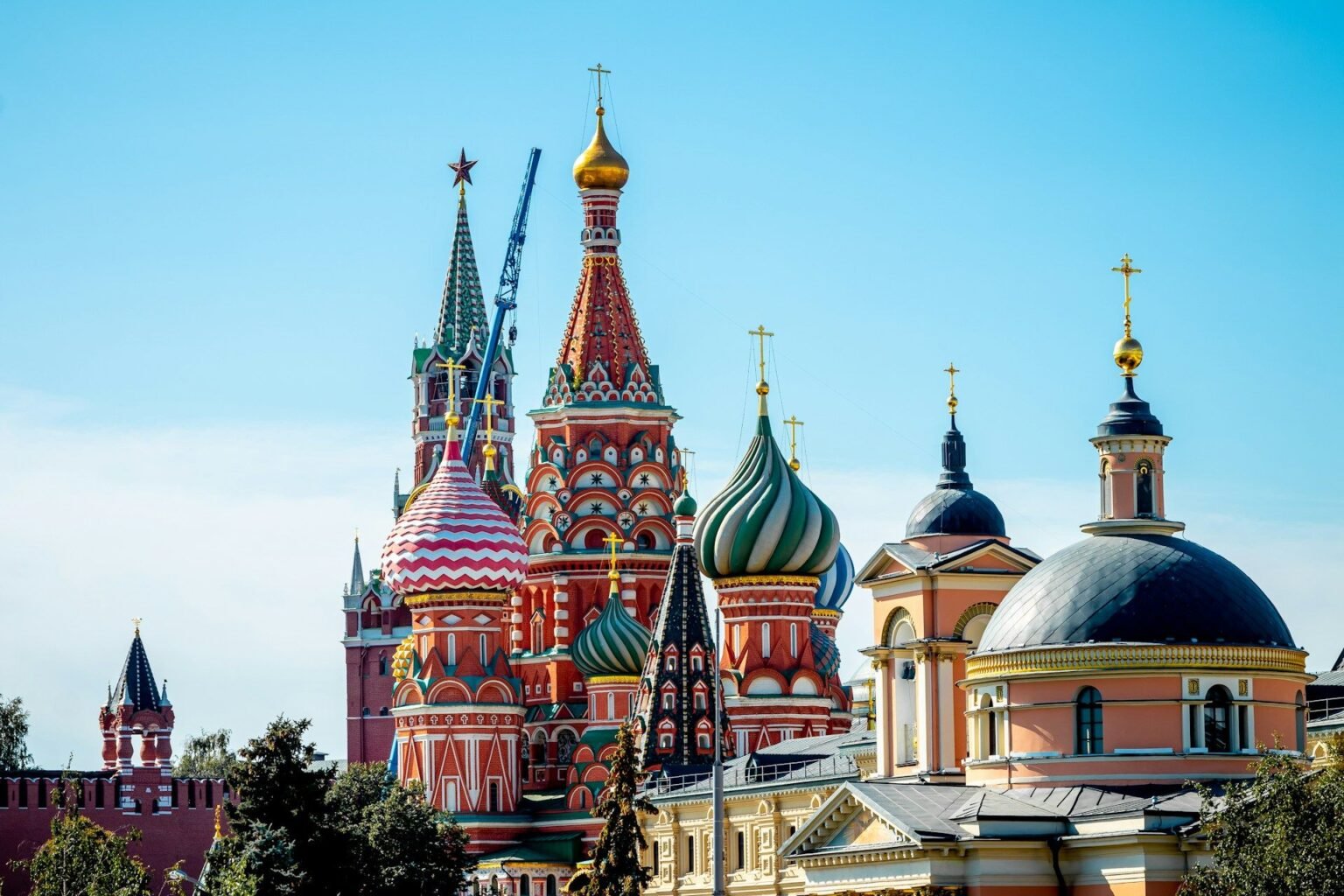Rostec to Launch Ruble-Pegged Token RUBx and Payment Hub RT-Pay: A New Chapter in Russia’s Financial Framework
The Russian state-owned conglomerate Rostec is set to introduce a ruble-pegged digital asset known as RUBx, alongside its new payment platform, RT-Pay, before the year wraps up. This move aligns with Russia’s efforts to enhance its digital currency framework amid growing interest in cryptocurrency and decentralized finance.
Overview of RUBx and RT-Pay
Rostec’s RUBx will be a digital token pegged to the Russian ruble, with each token representing one ruble stored in a treasury account. The token is designed to offer stability through "real obligations in rubles," ensuring its value is anchored and regulated by law. By being the sole issuer and operator, Rostec aims to provide a reliable digital currency option for its users.
The RT-Pay payment hub will interact directly with Russia’s banking system, facilitating swift transactions for businesses and individuals. Users will have the convenience of executing transactions in seconds, even during non-business hours, and can opt to lock funds in smart contracts for added security. This integration not only enhances efficiency but also adheres to strict anti-money-laundering and counter-terrorism regulations, marking a significant advance in Russia’s financial oversight mechanisms.
Technological Backing and Security Measures
The RUBx initiative will be based on the Tron blockchain, recognized for its scalability and performance. Furthermore, Rostec has committed to transparency by posting the smart contract code on GitHub and engaging the blockchain-security firm CertiK to conduct an independent audit, ensuring the platform’s security and reliability.
This technological foundation not only strengthens the integrity of the RUBx token but also fosters trust among potential users who are increasingly concerned about the safety of digital transactions. The emphasis on security and transparency is crucial in establishing a solid reputation in the evolving landscape of digital currencies.
Phased Rollout Strategy
Rostec plans a phased rollout of RUBx and RT-Pay, initially targeting sectors with significant payment friction. By addressing specific financial challenges faced by industries such as retail and manufacturing, the company can refine its offerings based on user feedback and operational insights. This strategic approach will help in scaling the digital asset and payment system more effectively, ultimately paving the way for broader adoption across various sectors.
Context Within Russia’s Digital Currency Landscape
The introduction of RUBx and RT-Pay comes as Russia’s central bank is also experimenting with a digital ruble, enhancing the country’s financial ecosystem. Earlier this year, the Bank of Russia approved institutions to provide crypto-linked products to qualified investors. This interplay between state-sponsored digital assets and cryptocurrencies emphasizes Russia’s adaptability in response to global economic pressures, especially in light of sanctions imposed by the West.
Both Sberbank and the Moscow Exchange have started offering products linked to cryptocurrencies like Bitcoin, demonstrating a larger trend in the country towards embracing digital financial instruments. By harnessing blockchain technology and cryptocurrencies, Russia aims to mitigate the economic impact of sanctions, enhancing its financial autonomy.
Cryptocurrencies in Bypassing Sanctions
Rostec’s initiatives align with growing reports of Russian firms utilizing cryptocurrencies to circumvent Western sanctions, particularly concerning oil trade. Reports indicate that some Russian oil companies have turned to Bitcoin (BTC), Ethereum (ETH), and stablecoins to facilitate transactions and convert payments made in foreign currencies, such as the Chinese yuan and Indian rupees, into rubles. This flexibility highlights the crucial role that digital currencies are playing in enabling smooth international trade for Russian firms amid geopolitical tensions.
The Road Ahead
The launch of RUBx and RT-Pay represents a strategic pivot for Russia towards modernizing its financial transactions and adapting to the digital age. As Rostec ushers in this new digital currency solution and payment system, it could set a precedent for other nations considering similar paths. The development and expansion of digital assets may soon become commonplace, revolutionizing how individuals and businesses conduct transactions within Russia and potentially beyond.
With a structured approach to launching RUBx and RT-Pay, an emphasis on security, and adherence to regulatory standards, Rostec appears poised to foster a robust digital financial environment in Russia. As the world continues to embrace digital currencies, Rostec’s initiatives may ultimately influence the global landscape of finance, paving the way for a more interconnected and efficient future.
In conclusion, the introduction of RUBx and RT-Pay signals a transformative moment in Russia’s economic strategy, aligning with current global trends in digital finance. By adapting to these changes, Rostec aims to enhance financial stability and security in an increasingly digital world.


